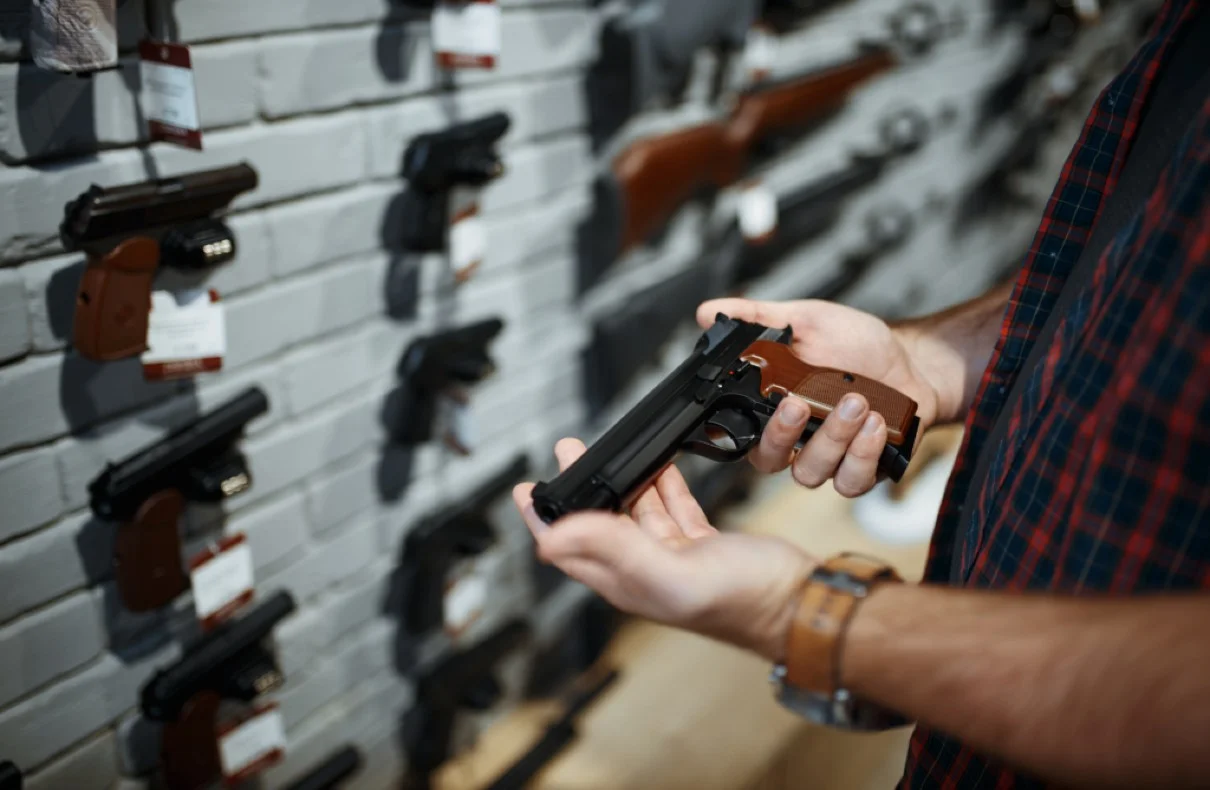
The state of South Carolina is on the verge of implementing new gun carry laws that will have a significant impact on its residents. The recently passed Constitutional Carry Bill is set to allow individuals to carry handguns publicly without the need for a concealed weapons permit or training. This controversial legislation has garnered attention and sparked debates among lawmakers, law enforcement agencies, and the general public.
The Constitutional Carry Bill, also known as Bill H.359, has been making its way through the South Carolina legislative process. The bill aims to remove the requirement for individuals to obtain a concealed weapons permit and complete training in order to carry a firearm in public. If approved, South Carolina will join the ranks of the 27 states that already allow permitless gun carry.
As with any legislation pertaining to firearms, the Constitutional Carry Bill has sparked intense debate among lawmakers and citizens alike. Supporters argue that this bill upholds individuals’ Second Amendment rights and promotes self-defense. They believe that law-abiding citizens should not be burdened with the requirement of obtaining a permit or undergoing training to exercise their constitutional rights.
On the other hand, opponents of the bill express concerns about public safety. They argue that removing the training requirement could lead to an increase in accidental shootings and acts of violence. Furthermore, they believe that proper training is essential for responsible gun ownership and should not be overlooked.
Supreme Court consents to hear arguments over Trump’s eligibility for office bans
The Constitutional Carry Bill encompasses several key provisions that will significantly impact gun carry laws in South Carolina. Let’s take a closer look at these provisions:
-
Permitless Carry: If the bill becomes law, individuals will be able to carry handguns publicly without obtaining a concealed weapons permit.
-
Training Requirements: The bill eliminates the current training requirement for concealed weapons permits. This means that individuals will not be obliged to complete any specific training programs to carry a firearm.
-
Restricted Areas: While the bill allows for permitless carry, it does not permit guns in certain restricted areas, such as schools, churches, courthouses, and the grounds of the South Carolina State House. Existing restrictions on carrying firearms in these places will remain in effect.
-
Concealed Weapons Permits: Despite the removal of the training requirement, individuals will still have the option to obtain a concealed weapons permit. This permit can be used for reciprocity to carry firearms in other states.
During the legislative process, amendments and compromises were made to address concerns raised by both supporters and opponents of the bill. These changes aim to strike a balance between Second Amendment rights and public safety. Some notable amendments include:
-
Free Training Sessions: In response to concerns about the lack of training, the bill now includes provisions for free gun training classes overseen by the South Carolina Law Enforcement Division (SLED). These classes will be offered at least twice a month in every county.
-
Minimum Age Requirement: The bill lowers the minimum age to obtain a concealed weapons permit from 21 to 18. This change allows younger individuals to exercise their right to carry a firearm.
-
Increased Penalties: To address concerns about illegal gun possession, the bill introduces stricter penalties for those carrying firearms without a concealed weapons permit. Additionally, a statewide marketing campaign will be launched to inform the public about these increased penalties.
The Constitutional Carry Bill has received mixed reactions from the public. Proponents argue that it upholds individual freedoms and empowers law-abiding citizens to protect themselves. They believe that responsible gun owners will still seek training voluntarily.
Joe Manchin: A Centrist Democrat’s Decision Not to Run for President in 2024
Opponents, however, express concerns about the potential risks associated with permitless carry. They worry that inadequate training and oversight may lead to an increase in accidental shootings and gun-related crimes.
If the Constitutional Carry Bill becomes law in South Carolina, it will have significant implications for the state. Some potential effects include:
-
Increased Gun Ownership: Permitless carry may lead to an increase in the number of individuals choosing to carry firearms for personal protection.
-
Public Safety Concerns: Critics worry that the lack of training requirements may compromise public safety, potentially leading to more firearm-related accidents and incidents.
-
Impact on Law Enforcement: Police departments and law enforcement agencies may need to adapt their training and procedures to accommodate the changes brought about by the bill.
-
Economic Impact: The bill’s provision for free training sessions may have financial implications for the state, as resources will be required to provide these classes across all counties.
The Constitutional Carry Bill in South Carolina represents a significant shift in gun carry laws, allowing individuals to carry handguns publicly without a concealed weapons permit or training. While the bill has garnered both support and opposition, its potential implications for public safety and individual rights cannot be ignored. As the bill continues to progress through the legislative process, it remains a topic of intense debate and scrutiny. The final decision rests with the House of Representatives and Governor Henry McMaster, who will determine the future of gun carry laws in South Carolina.
